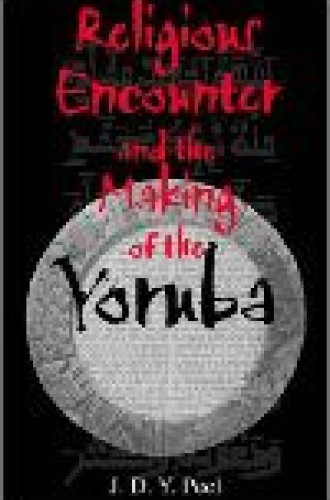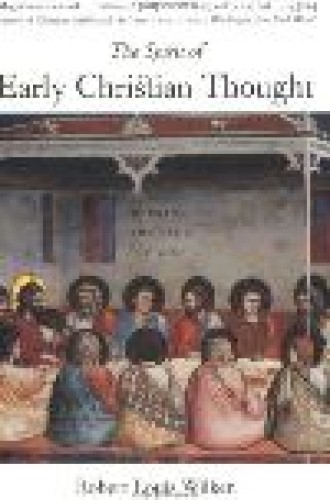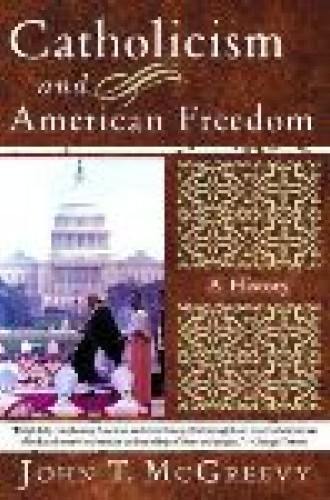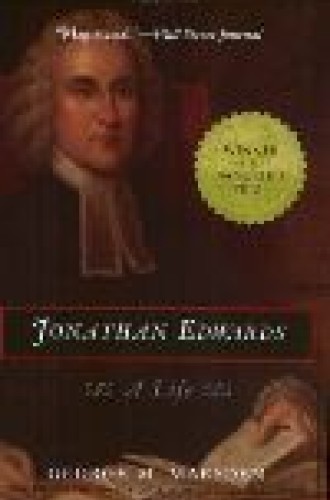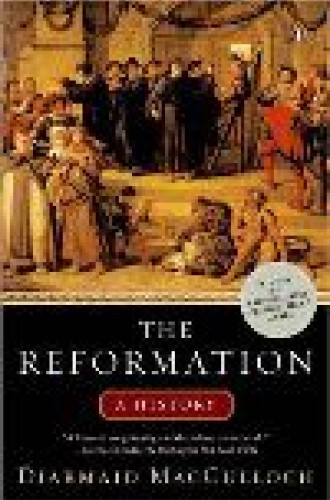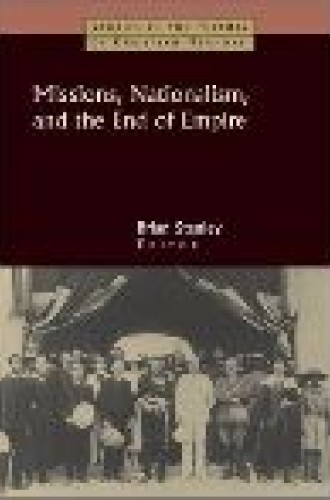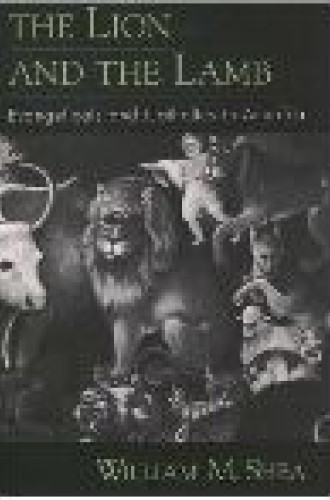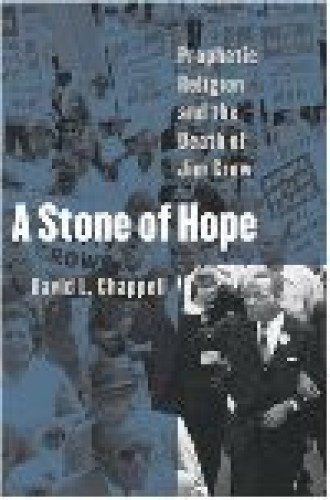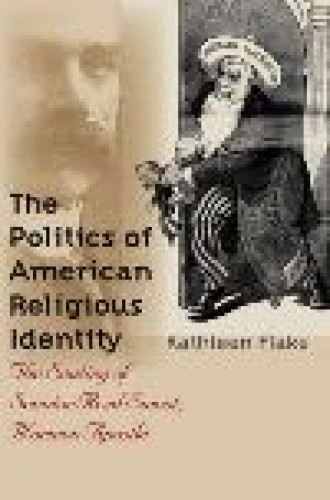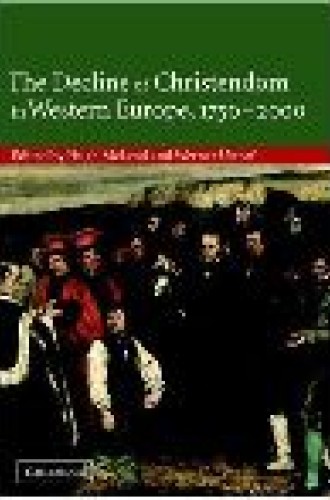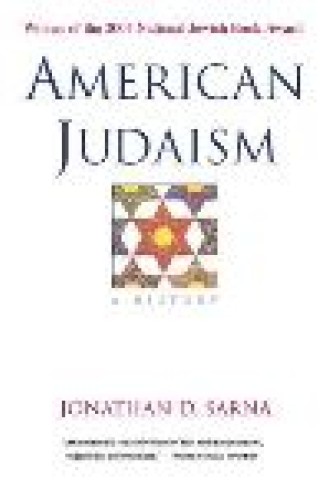Take and read
In one of the most important studies now available for exploring the modern world expansion of Christianity, J. D. Y. Peel skillfully examines the full weight of missionary and colonial imposition upon 19th-century West Africa, but also the discriminating agency of African communities that chose to become believers.
This beautiful book offers a masterly account of the prayer, the community and, above all, the immersion in scripture that shaped Christian thinking in the early centuries of the church’s history.
American Catholics have valued freedom, of course, but what happened when the long traditions of Catholic communal life conflicted with the standards of American liberal individualism? This exemplary volume, which communicates immense learning with a very light touch, provides the answer.
The many awards bestowed on this noteworthy biography—including the historians’ Bancroft Prize and special recognition in Christianity Today—are completely deserved. Its special merit is to describe Edwards in his physical settings with the same sensible clarity applied to the weighty themes of his theology.
In this artful retelling of a crux in modern Christian history, MacCulloch successfully blends the old and the new—that is, full attention to the theology of major figures like Luther, Calvin and Loyola, but also broad treatment of how religious change affected ordinary people throughout all of Europe and far beyond the 16th century.
This latest addition to an important series (Studies in the History of Christian Missions) makes significant headway in explaining one of the key developments of recent history: how it happened that when Western Christian imperialism ended, the result was not, as many expected, a demise of Christianity in colonial lands, but its explosion.
With unusual perception, this book treats the historically explosive relationship between the two largest streams of Christianity in the contemporary United States. The only problem in approaching this study is trying to decide whether it is better as history or as theology.
Justice delayed, an awareness of universal human rights, the example of Gandhi and much more stimulated Martin Luther King Jr. and his associations in the 1950s and the following years. It is Chappell’s great accomplishment to show how central the spiritual values of Christian preaching were to the mix that created the modern civil rights movement.
An early 20th-century controversy over whether to let a Mormon take his place as U.S. senator from Utah sounds like an esoteric irrelevancy. But in this skillful retelling of an almost forgotten episode, it becomes clear that a century and more of change and confusion about the boundaries between church and state were anticipated in the debate over just this question.
We all think we know that Europe is a whole lot less Christian than it used to be. The unusually perceptive essays in this book do not so much challenge that truism as show how much nuance is required to do it justice.
Though Judaism is not Christianity, the history of the Jews intersects the history of Christianity at innumerable places. Sarna’s gem of a book is almost as illuminating about the Christian background against which Jews made their way in America as it is about that Jewish story itself.


